Students admitted to a new accelerated med school and dental school program announced by Pittsburg State University and Kansas City University (KCU) will save money and time on their path to becoming health care professionals, getting them into the field of medicine more quickly at a time when physicians and dentists are in demand in rural areas like Southeast Kansas and Southwest Missouri.
The new partnership is called AMP-UP (Accelerated Medical Path Undergraduate Program) and will begin in Fall 2024.
At a press conference Wednesday, representatives from both institutions outlined details.
Those who meet eligibility will apply for acceptance into AMP-UP in their freshman year at Pitt State. KCU-Joplin will reserve up to 25 seats in the College of Osteopathic Medicine and 10 seats in the College of Dental Medicine for students admitted to KCU through this program.
“We’re very excited,” said Pitt State Biology Professor Mandy Peak-Bryan, director of AMP-UP. “This partnership has the potential to save eligible students a year of academic study and a year of tuition.”
Upon completion of 90 hours and all prerequisites, students accepted into KCU through AMP-UP will have the opportunity to then transition seamlessly to KCU-Joplin — about 30 miles from Pittsburg — in their senior year. Medical students also will have the option to attend KCU’s campus in Kansas City.
After successfully completing the first year of medical or dental school at KCU, they will be granted a bachelor’s degree by Pitt State.
They’ll then be on track to complete medical or dental school in the remaining three years, immersing themselves in hands-on clinical training, research opportunities, and specialized coursework.
It’s a game-changer for students, said Richard Schooler, DO, a Pitt State graduate, KCU alumnus and vice president of KCU-Joplin.
“This partnership will save students a full year because they will begin their post-graduate work a year earlier than what a traditional pre-med or pre-dental undergraduate track allows,” Dr. Schooler said. “It is a very important collaborative effort between PSU and KCU to offer regional students a unique opportunity to complete college and their medical or dental education with a condensed pathway close to home."
It’s also a game-changer for the future of medicine.
Mindi Garner, DO, who founded the Pre-Meds with Promise program, said AMP-UP has tremendous potential to impact rural health care throughout the region.
“By immersing PSU students in our medical community earlier than usual, it will build strong relationships with Pittsburg area doctors and continue through their medical school studies close by in Joplin,” Dr. Garner said. “Doctors will be more likely to return home to work alongside their mentors who have nurtured them along the way to serve the people in Southeast Kansas.”
Pitt State Provost Howard Smith and Dean Mary Carol Pomatto praised Peak-Bryan and Professor Phil Harries, assistant director of AMP-UP who worked closely with Peak-Bryan and the KCU team, for their work on developing the curriculum.
They also thanked leadership at KCU-Joplin including Dr. Schooler and his team for their careful thought, collaboration, and innovation.
“This partnership is built upon a long history of mutual respect for the level of academic excellence and student achievement that is provided by both the KCU and the PSU programs,” Pomatto said. “A number of Pitt State graduates have gone on to KCU and have excelled and now are practicing here in our community, as well as far and wide.”
Ed O’Connor, PhD, provost and vice president of Academic and Research Affairs at KCU, said he was excited that the program will “provide the best and the brightest pre-medical and pre-dental students in the region with an accelerated path to earn a doctoral degree right here, close to home."
KCU is the fifth largest medical school in the nation by class size, the top producer of physicians for Missouri, the second top producer of physicians for Kansas, and the ninth most impactful medical school addressing rural health care and primary health care needs in the nation, according to data released by the Journal of the American Medical Association.
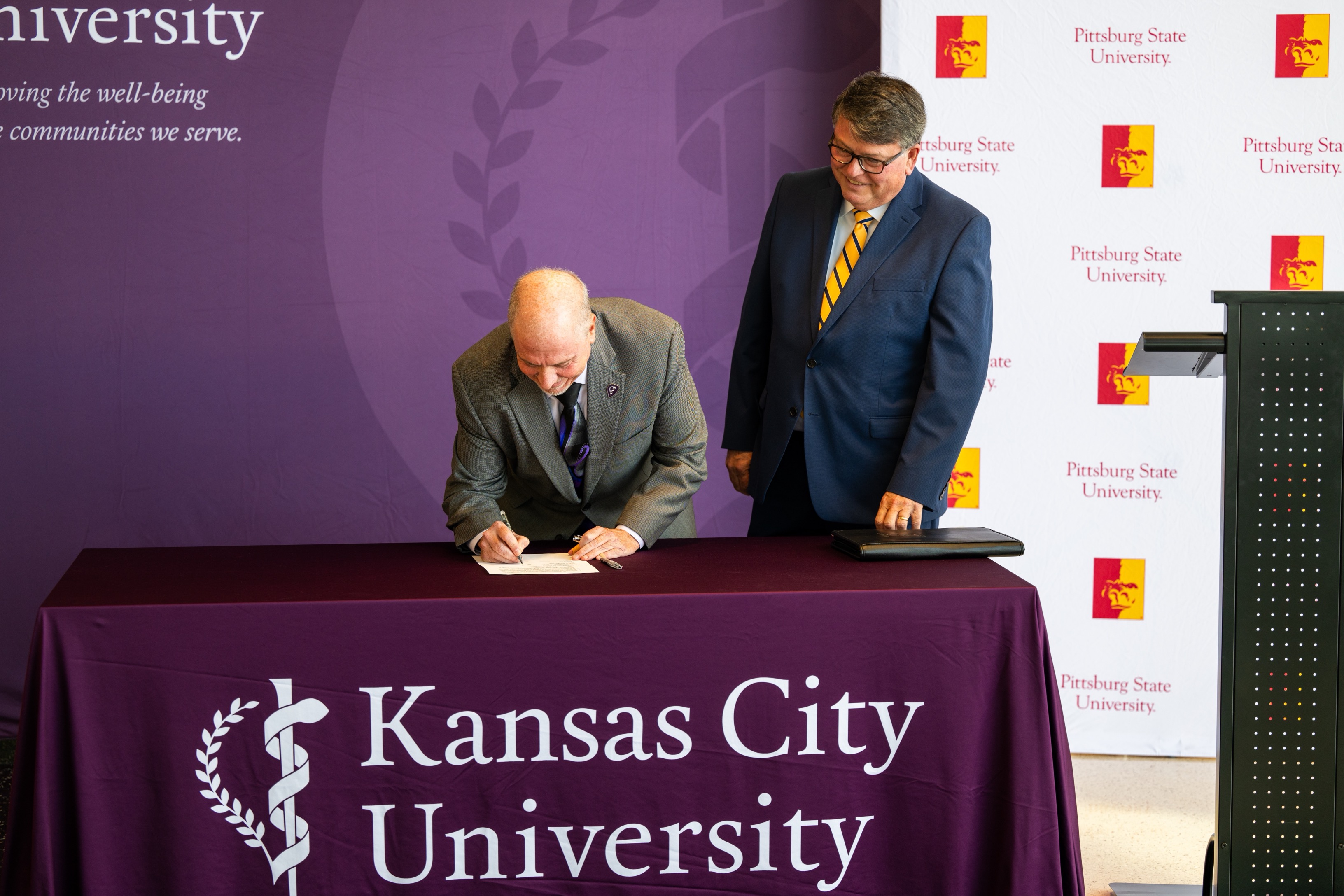
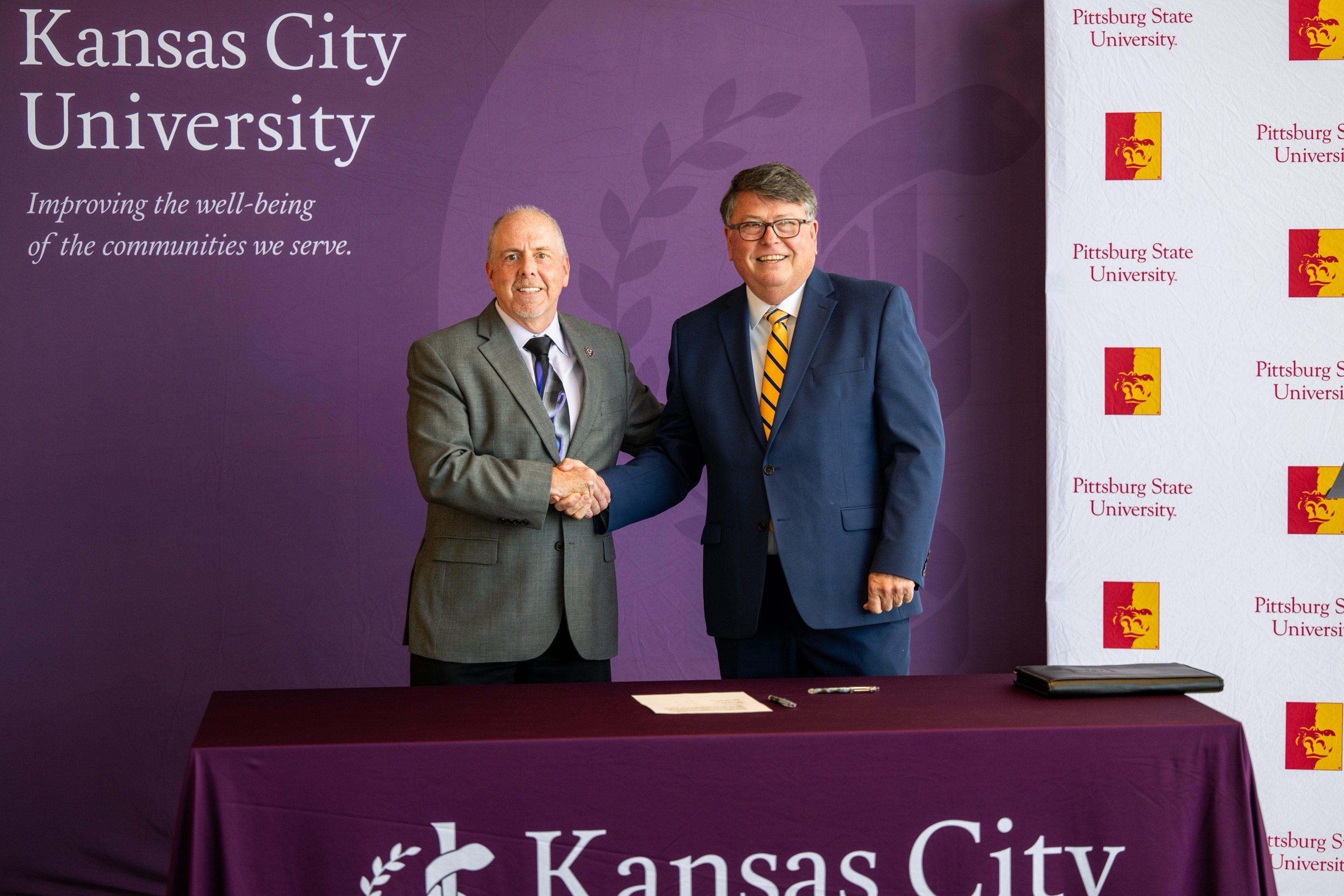
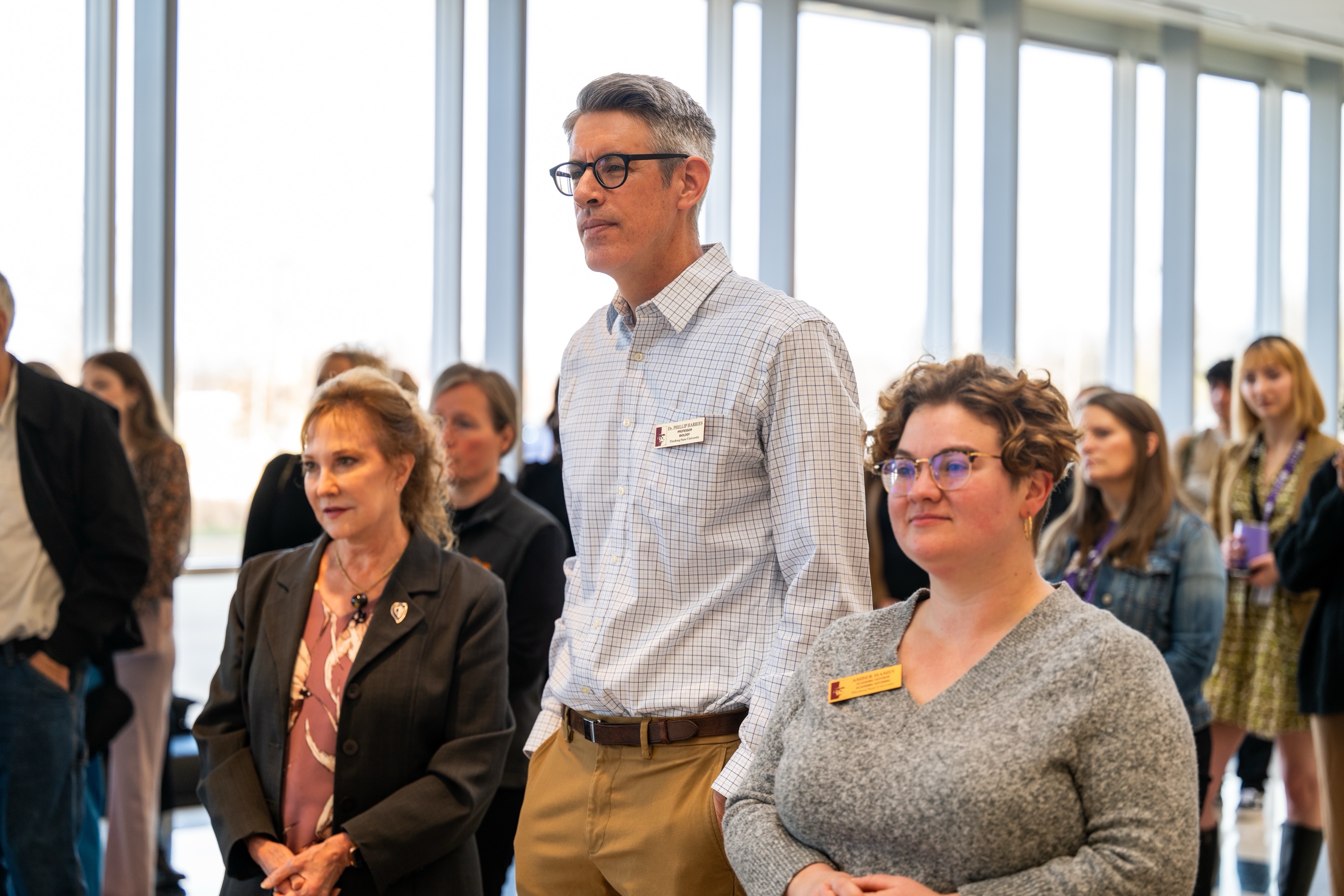
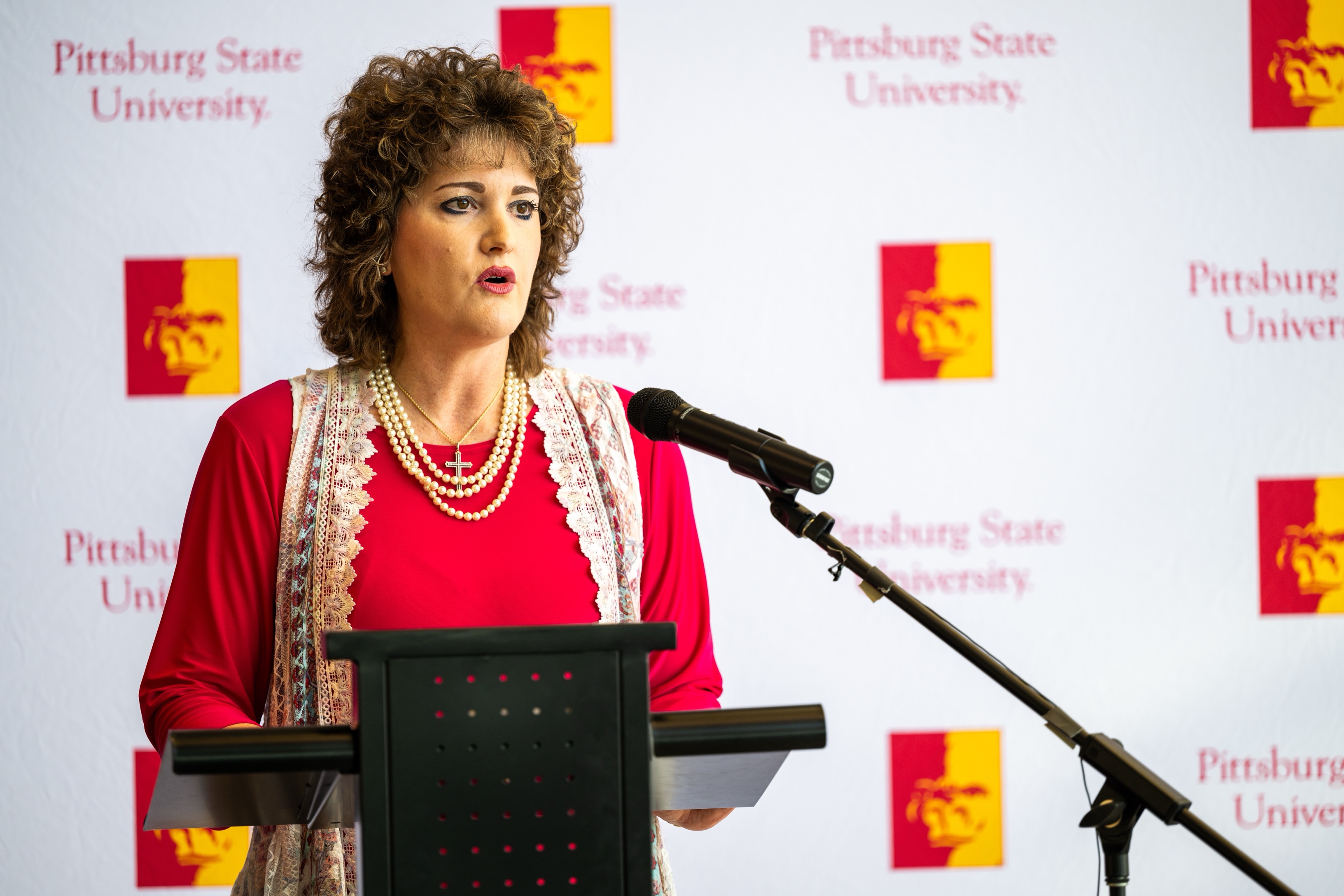
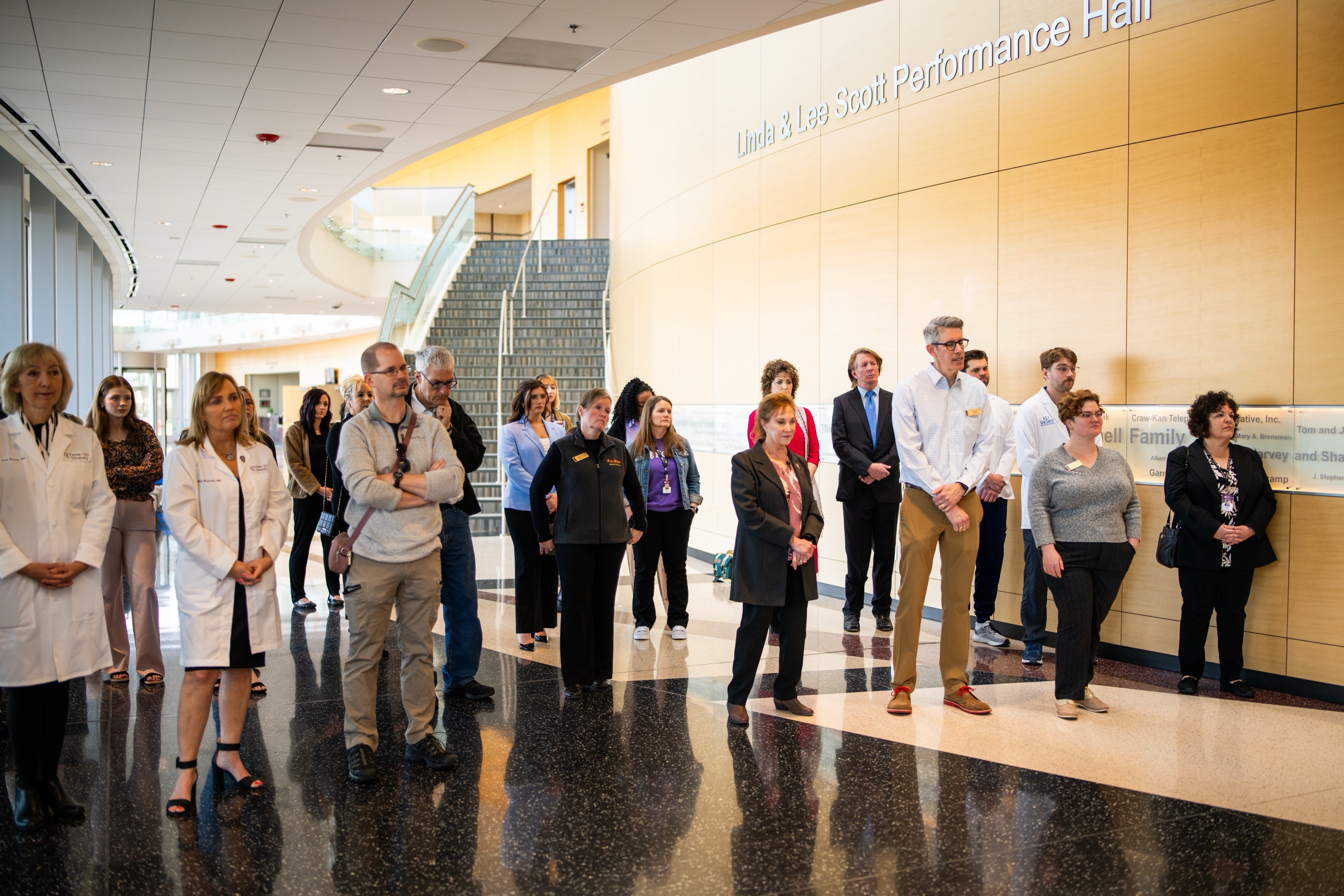
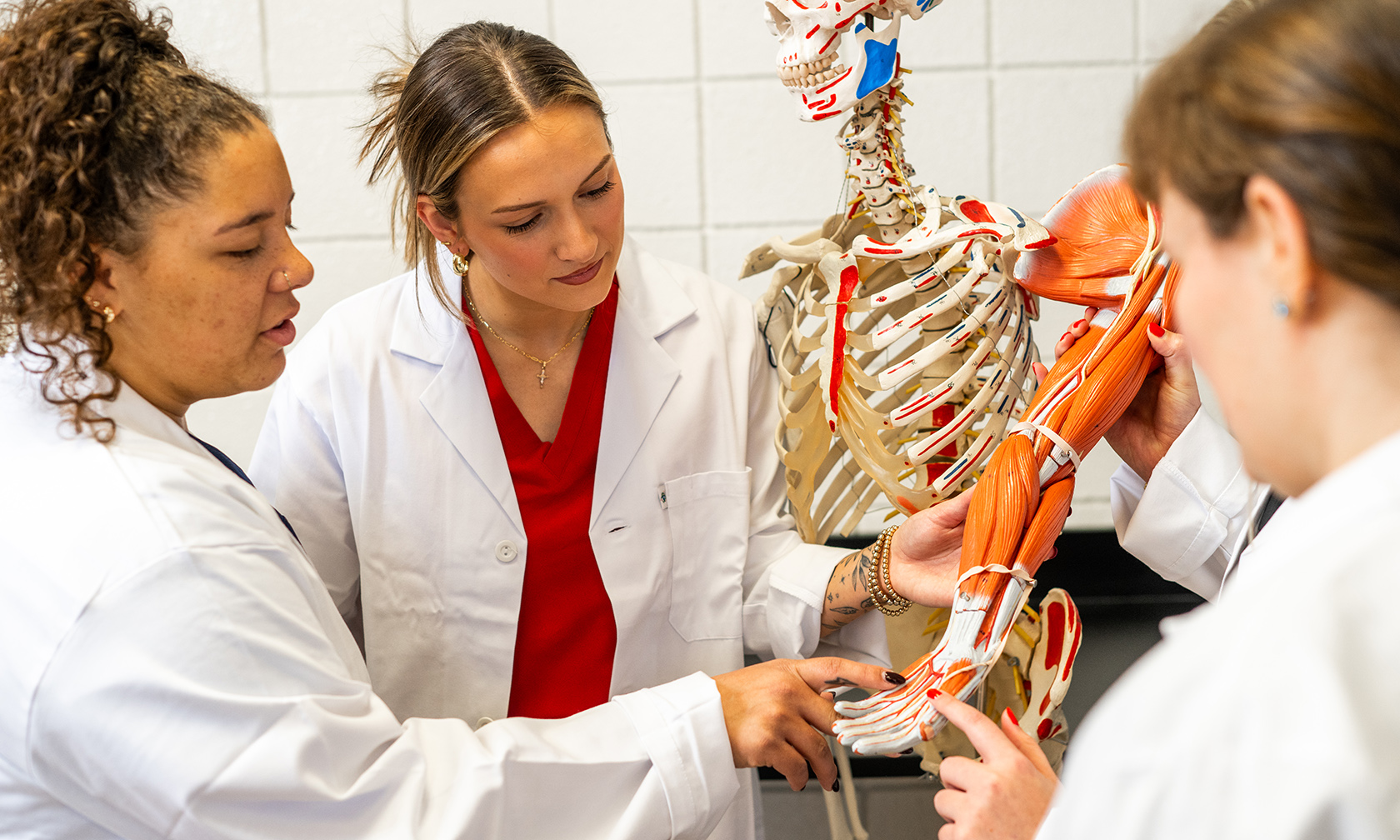
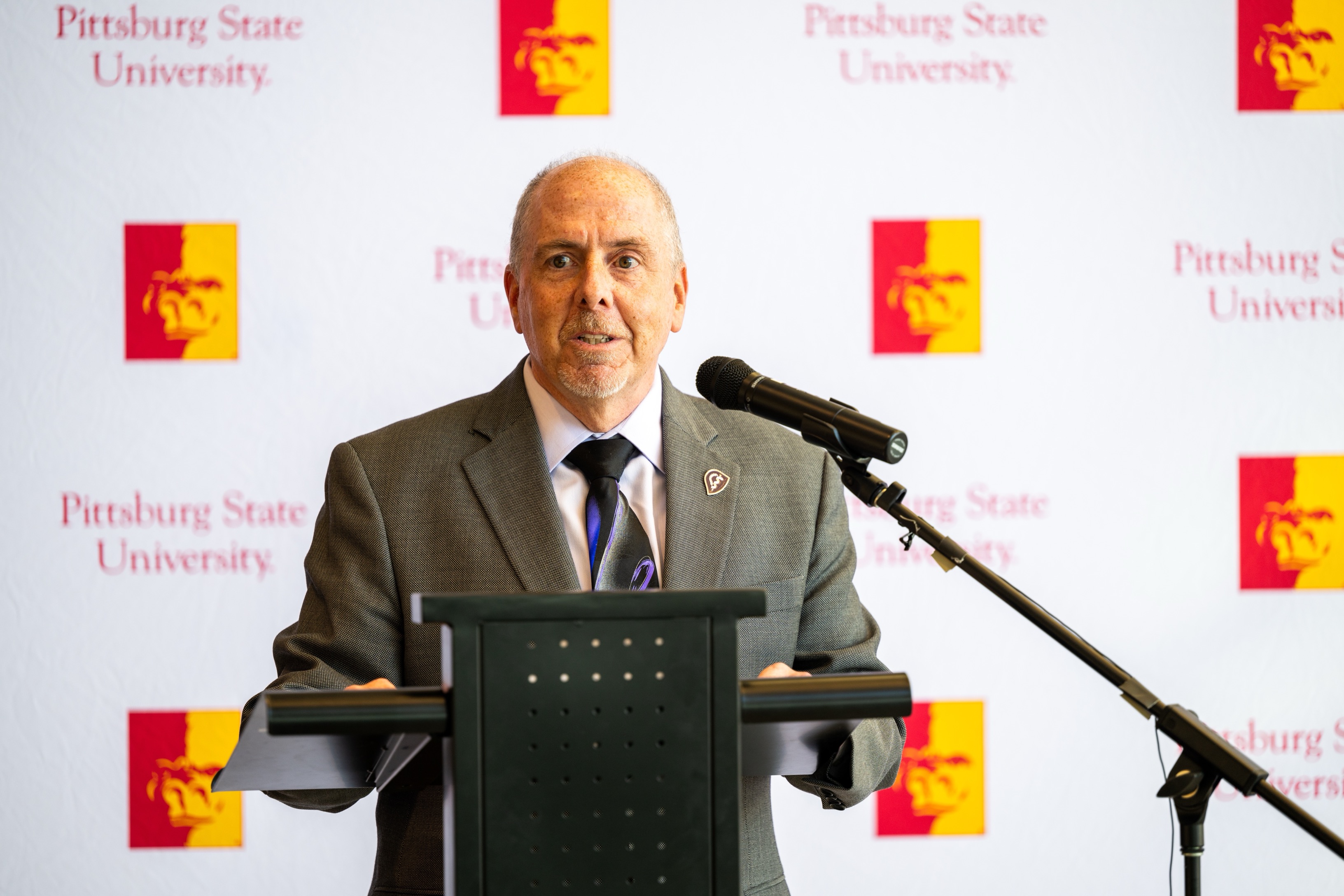

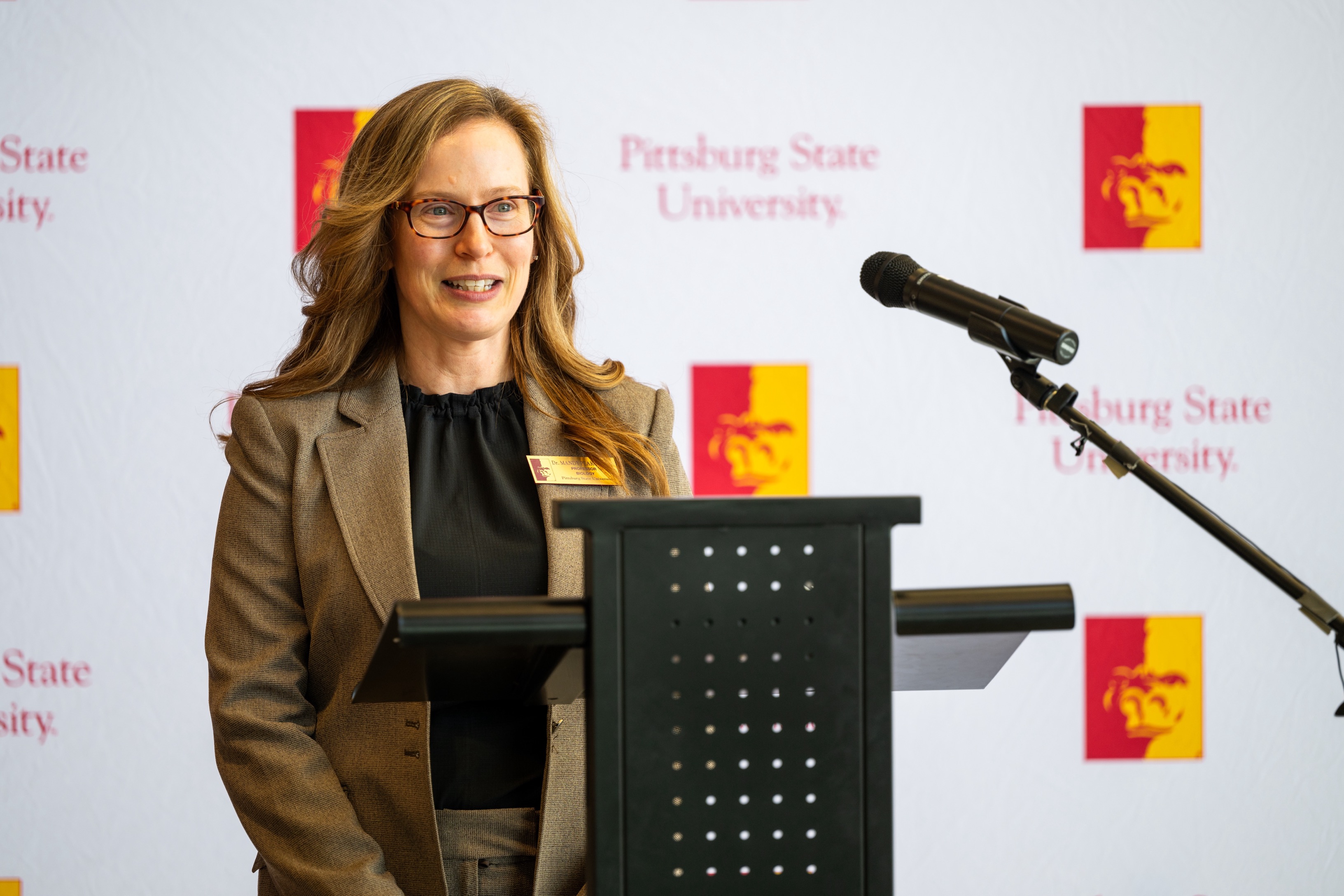

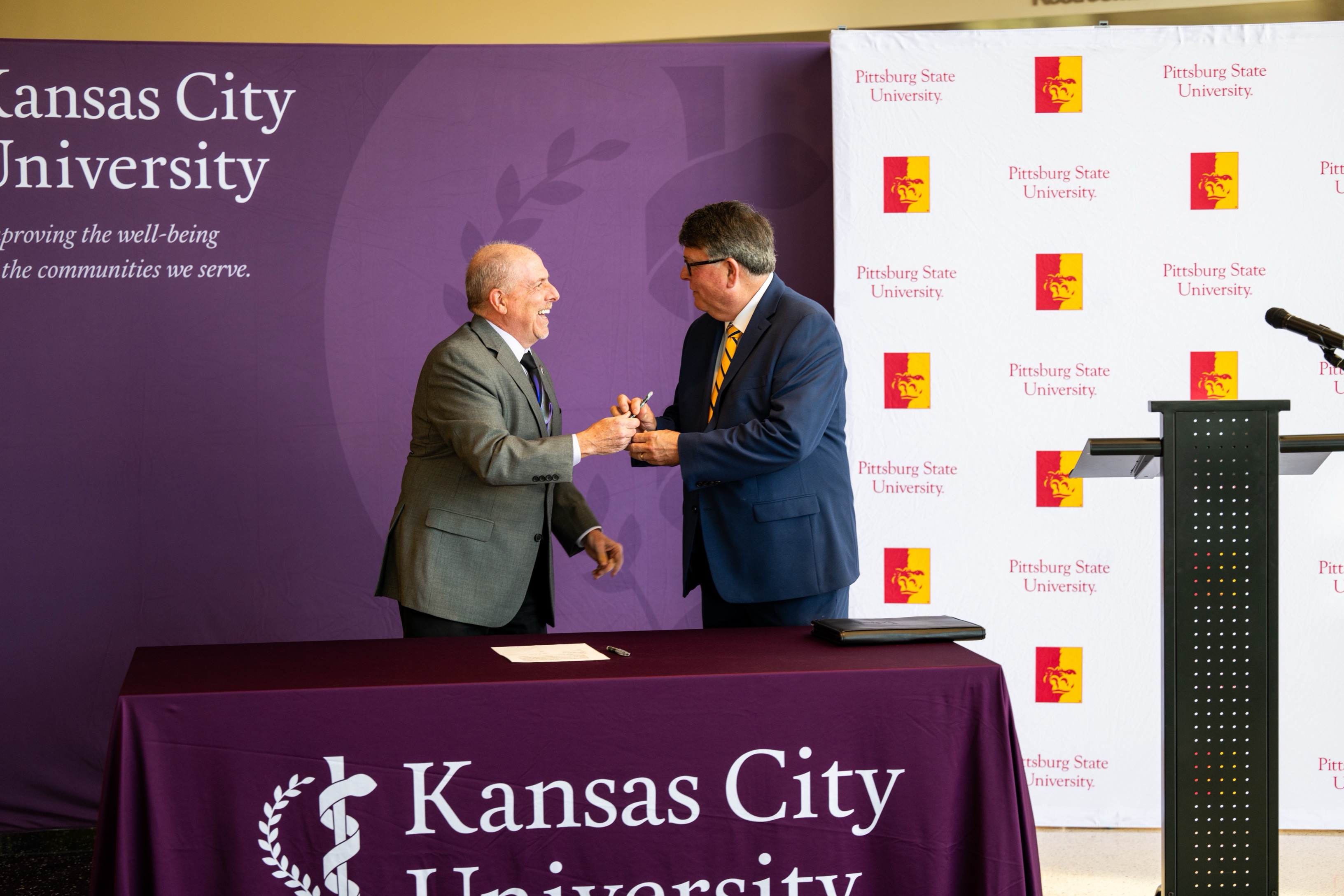
_20240820195717_0.png?w=140&h=140)

 The link between poor sleep and diabetes - YouTube_20240813212236_0.png?w=140&h=140)
(0) Comments